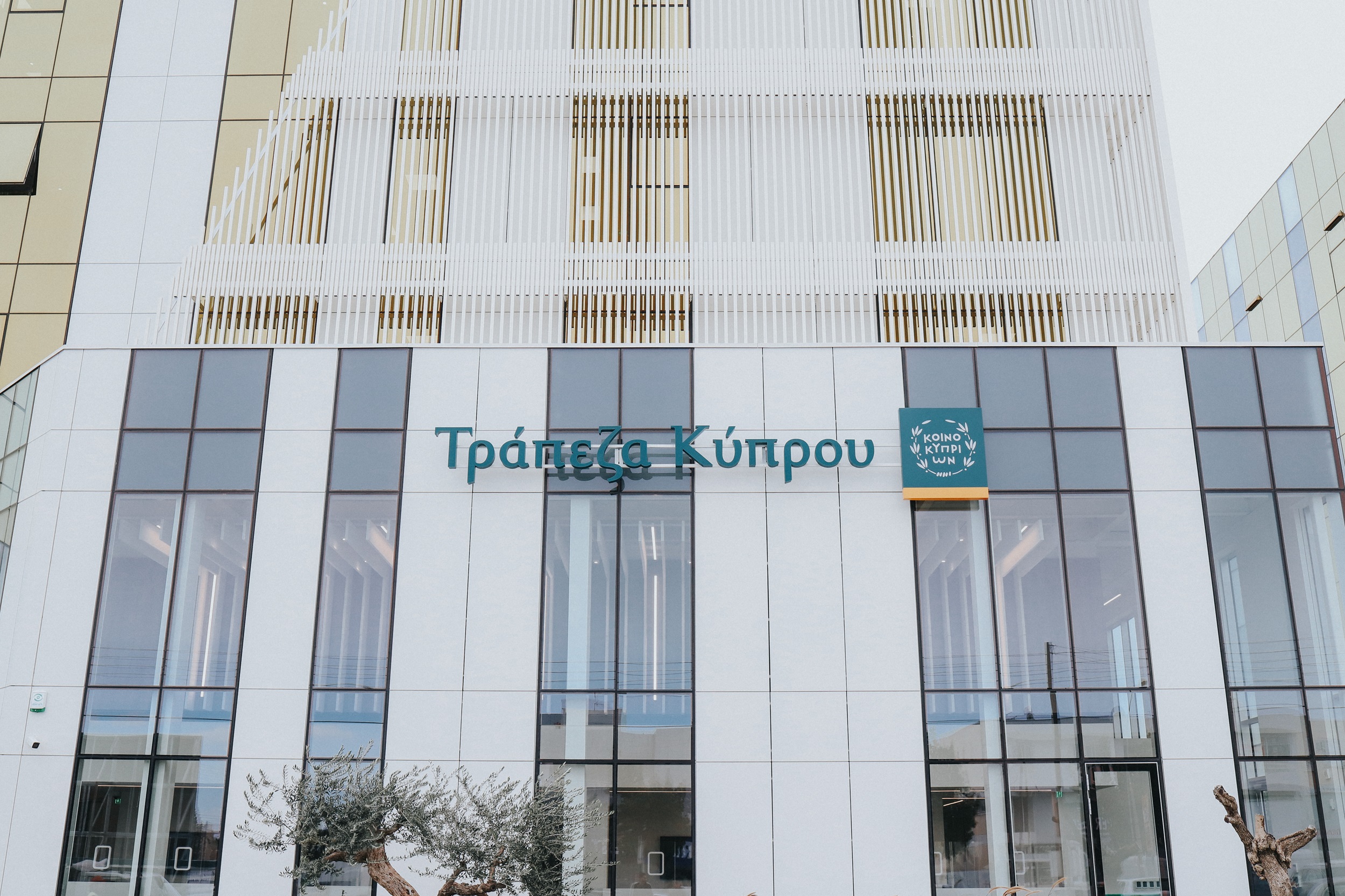The imposition of tariffs is not expected to have a significant or immediate effect on the Cypriot economy, which remains resilient and continues to outperform most European countries, according to Bank of Cyprus group chairman Takis Arapoglou.
Speaking at the bank’s annual general meeting held in Nicosia, Arapoglou stressed that the Bank of Cyprus is well-positioned to weather global trade and market volatility.
“We remain confident that the Bank of Cyprus’ excess capital and strong liquidity will shield it from any potential disruptions arising from developments in global trade and market risks, enabling us to continue delivering on our strategic goals,” he said.
Arapoglou also highlighted that the bank is closely monitoring the geopolitical situation in Ukraine and the Middle East.
He noted that there is still no clear view on how long it will take for these crises to be resolved in a sustainable and peaceful manner.
“So far, these events have not negatively impacted Cyprus or its economy, which continues to outperform most European countries across all measurable indicators, maintaining investment-grade credit ratings for both the country and its major banks,” he added.
Focusing on the bank’s operations, Arapoglou said that the Bank of Cyprus has prioritised a drastic clean-up of its balance sheet, maintained high liquidity, and increased capital.
He also said that the bank has improved operational efficiency and revenue, and made significant investments to compete successfully in the digital transformation race.
“The ability to reward our shareholders in a generous, steadily increasing, and sustainable way is the best recognition and reward for our success in the long process of radically restructuring the Bank of Cyprus,” he noted.
Arapoglou emphasised that these achievements are not merely the result of higher interest rates, as some might suggest.
“High interest rates have certainly played a positive role, but the fact that our forward guidance indicates we will continue to deliver consistently high returns even after rates stabilise at much lower levels demonstrates the success of the bold restructuring initiatives we have taken in recent years,” he said.
He added that the bank intends to continue increasing its profit distribution ratio, offering high dividend yields and using excess capital prudently and selectively for future organic and inorganic growth, depending on market conditions and sustainable profitability.
Regarding interest rate trends, Arapoglou stated that the trade war is expected to intensify inflationary pressures.
As a result, the US Federal Reserve is more likely to maintain higher interest rates for longer, contrary to political preferences, while in Europe, the European Central Bank is expected to continue cutting rates to curb recessionary pressures, unless inflation begins to rise again due to tariffs.
On the bank’s decision to shift its primary share listing from the London Stock Exchange to the Athens Stock Exchange in 2024, Arapoglou said this move increased share liquidity, significantly expanded the size and quality of the investor base, and, combined with the bank’s strong financial performance, further boosted its market capitalisation to over €2 billion.
Meanwhile, chief executive officer Panicos Nicolaou described 2024 as a “record year” for the group, reporting record profits of €508 million and a return on tangible equity (ROTE) exceeding 20 per cent for the second consecutive year.
“We achieved a ‘record year’ because we have a strong bank with a diversified and efficient business model, robust capital position, and liquidity,” he said.
Nicolaou added that as the largest financial organisation in Cyprus, which remains one of the best-performing economies in the eurozone, the bank is committed to delivering strong returns for shareholders despite the ongoing normalisation of interest rates.
He stated that this record performance allowed the bank to significantly increase its profit distribution ratio to 50 per cent for 2024, up from 30 per cent in 2023.
“The group’s strong capital position and liquidity allow us to manage potential challenges arising from global trade developments and market risks, enabling us to continue implementing our strategy,” he added.
Nicolaou also said the bank supported its customers and the Cypriot economy by issuing a record €2.4bn in new loans, a 20 per cent year-on-year increase, while maintaining strict lending practices.
As a result, the portfolio of performing loans rose to €10.2bn, up 4 per cent annually.
On the Cypriot economy, Nicolaou noted that “despite continued geopolitical uncertainty, Cyprus’ strong, diversified, and services-based economy once again demonstrated resilience and growth.”
He said that “economic growth forecasts for Cyprus remain strong and above the eurozone average, despite a potential slight negative adjustment due to trade tensions.”
The Cypriot economy recorded a growth rate of 3.4 per cent in 2024, supported by record tourism activity, declining unemployment, improved public debt-to-GDP ratio, and slowing inflation.
Public debt as a share of GDP fell to 65 per cent in December 2024, remaining well below the eurozone average.
“The strong performance of the Cypriot economy is reflected in its credit ratings,” Nicolaou said, noting that after recent upgrades, all three major international rating agencies now rank Cyprus three notches above investment grade.
Commenting on changes in US trade tariffs, Nicolaou said these would affect the global market but Cyprus’ direct exposure is expected to be limited, as the US is not among the top ten destinations for Cypriot exports.
However, he noted that any factor affecting the European and global economy will inevitably impact Cyprus.
While it is too early to assess the full impact, Nicolaou said, “it is currently expected that higher tariffs, to the extent they are imposed, could significantly affect the global and particularly the European economy, to which we belong.”
“As such, we remain vigilant for any indirect effects that may arise,” he concluded.






Click here to change your cookie preferences